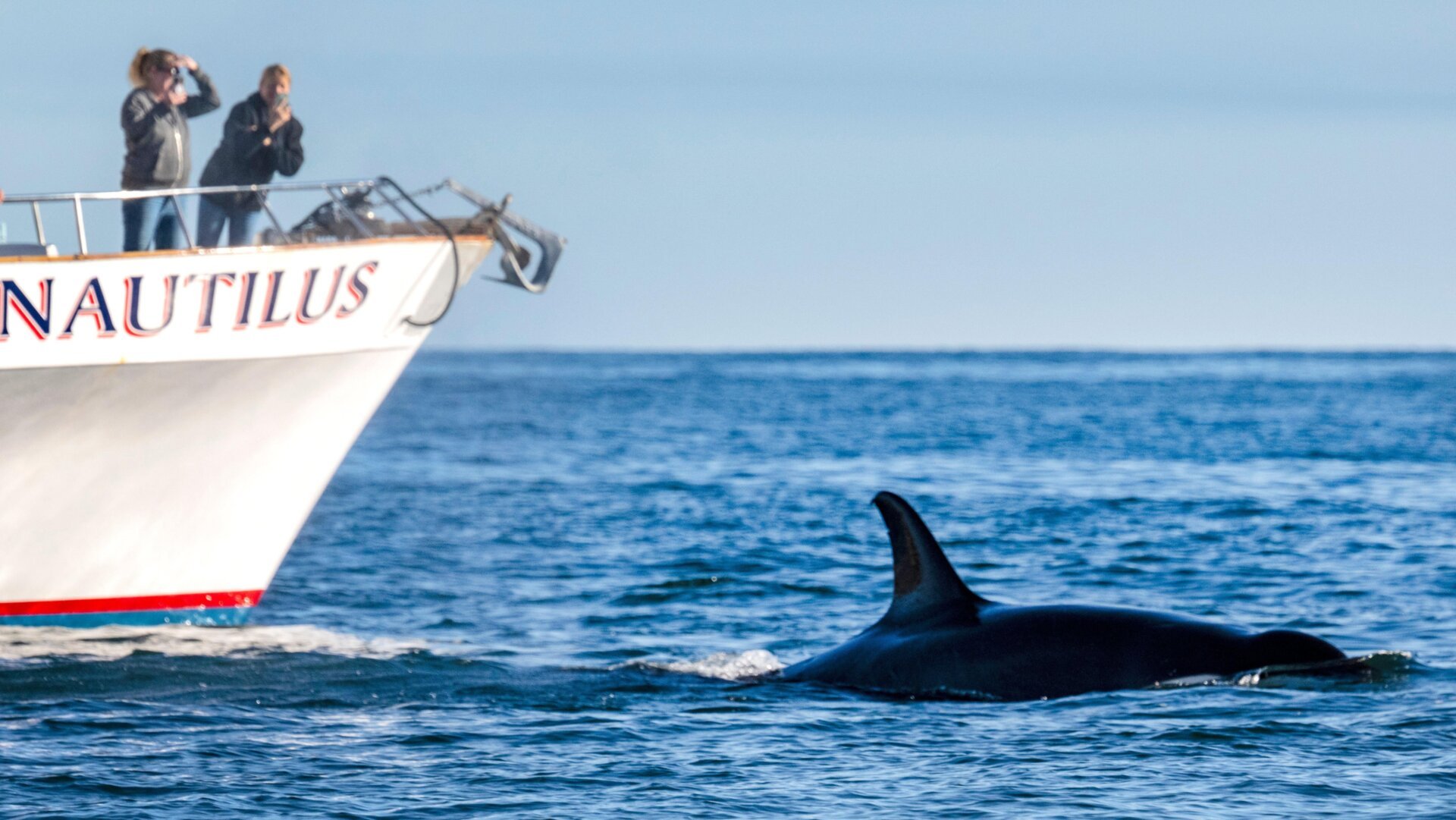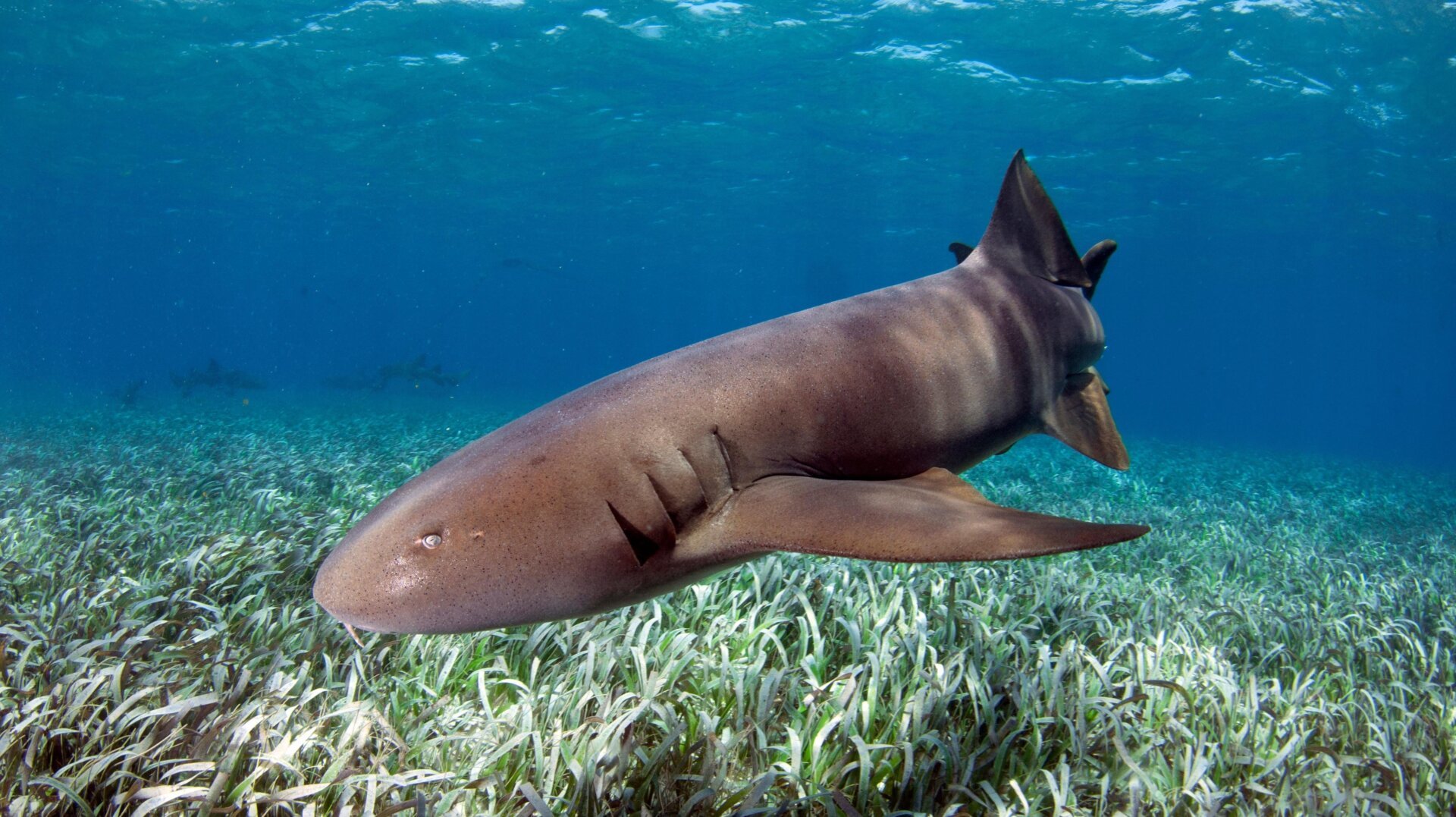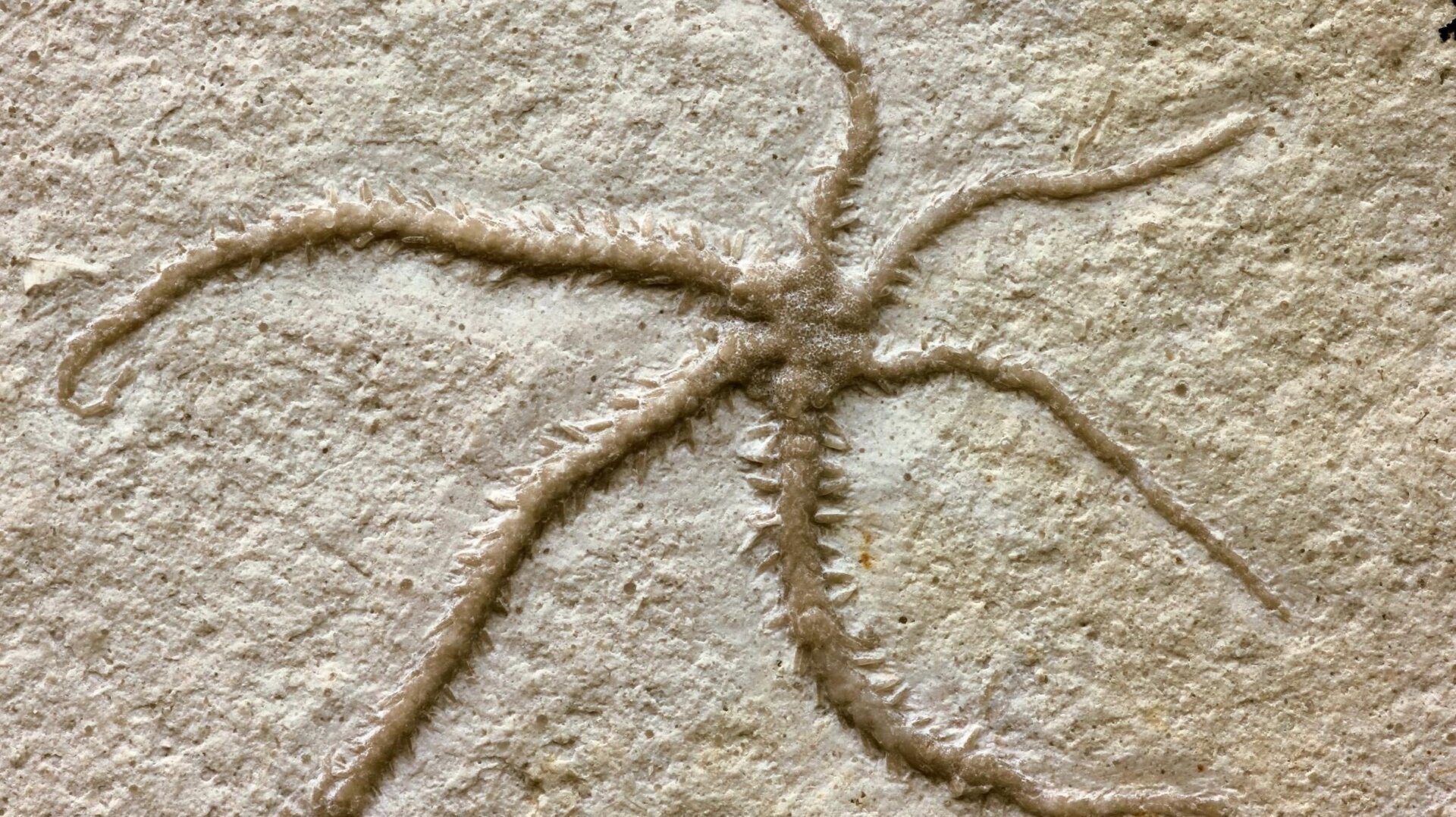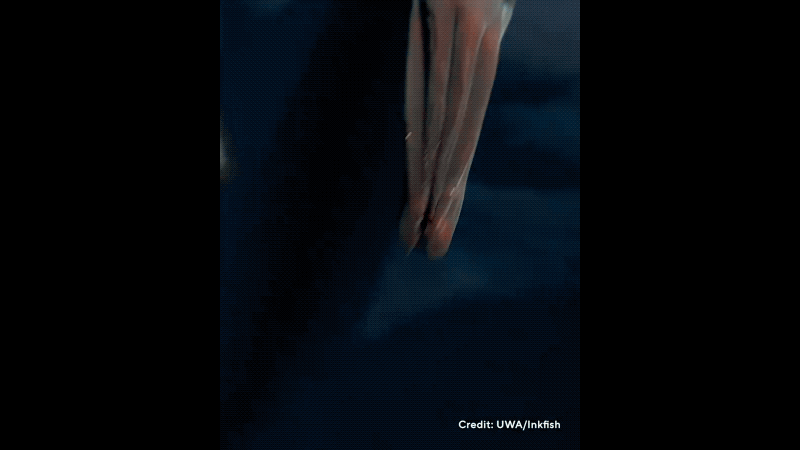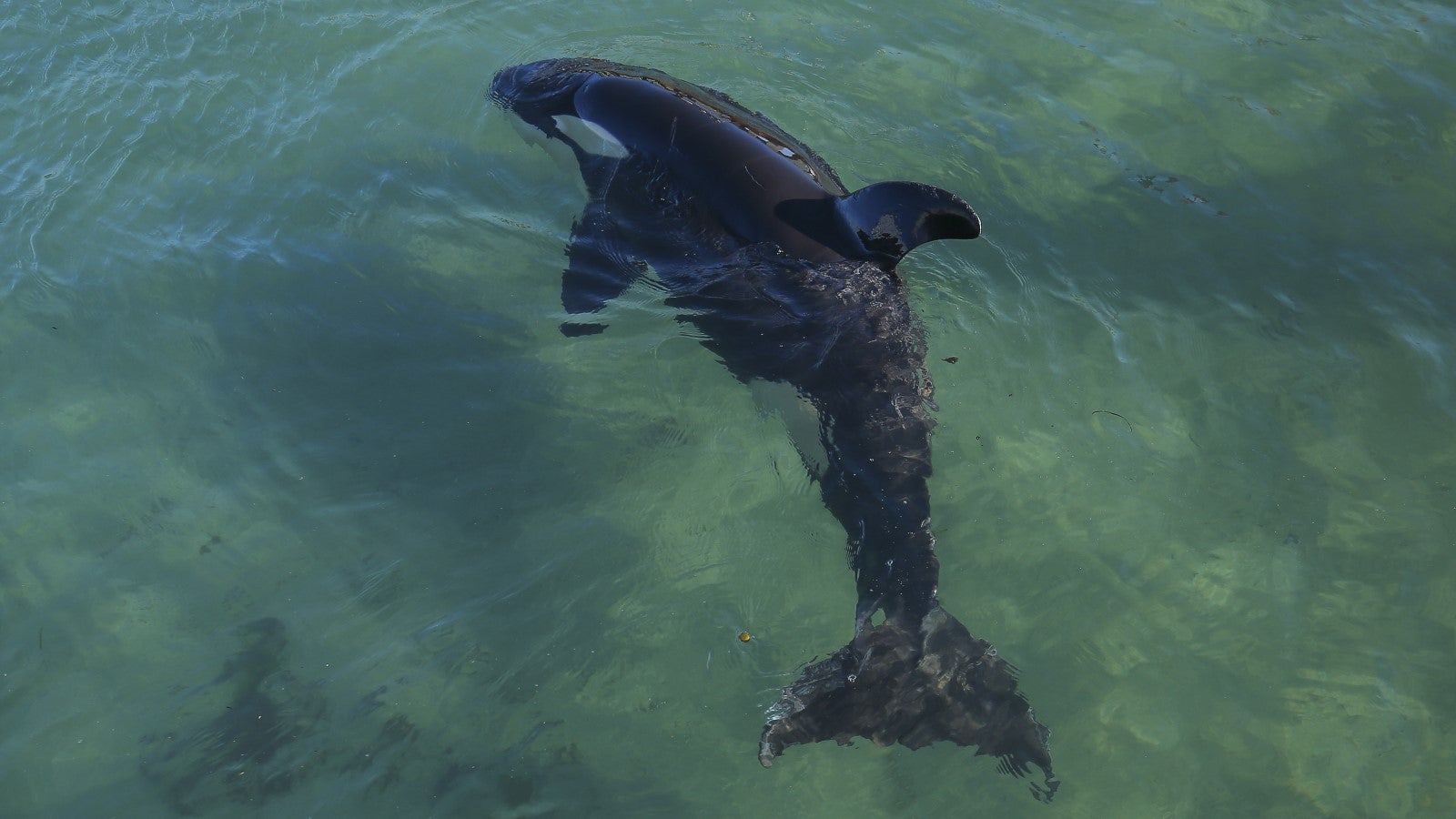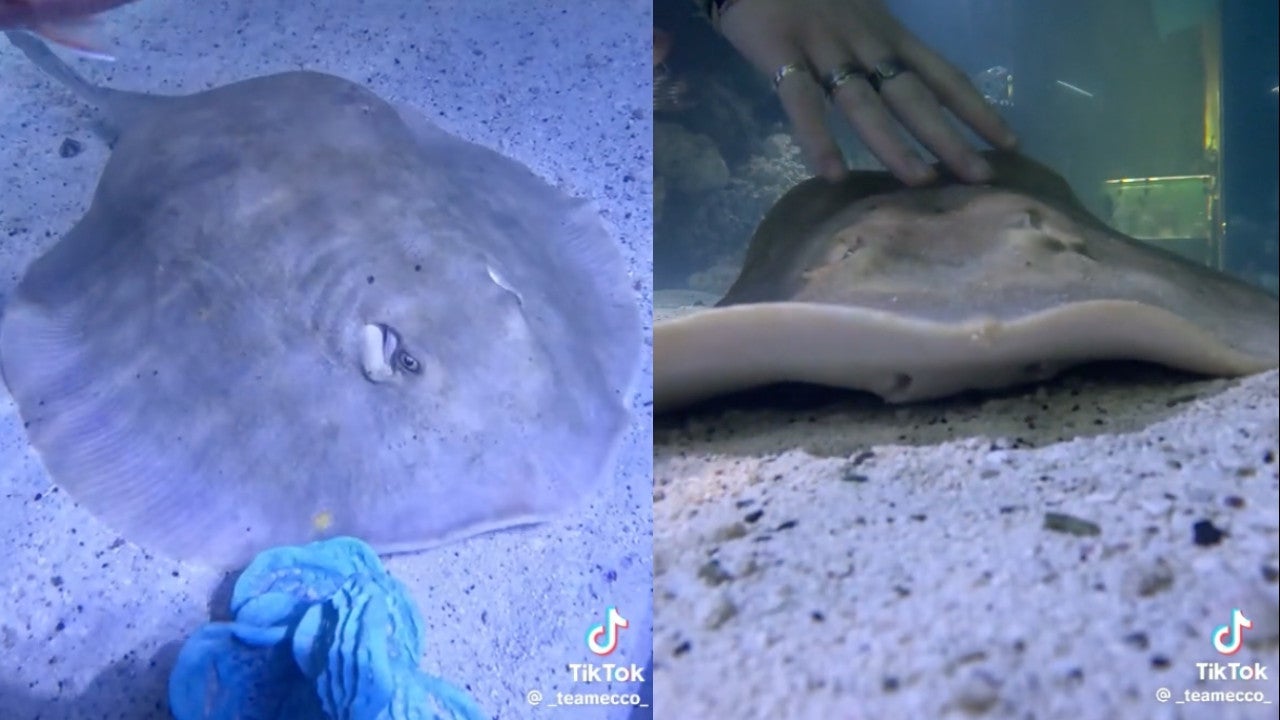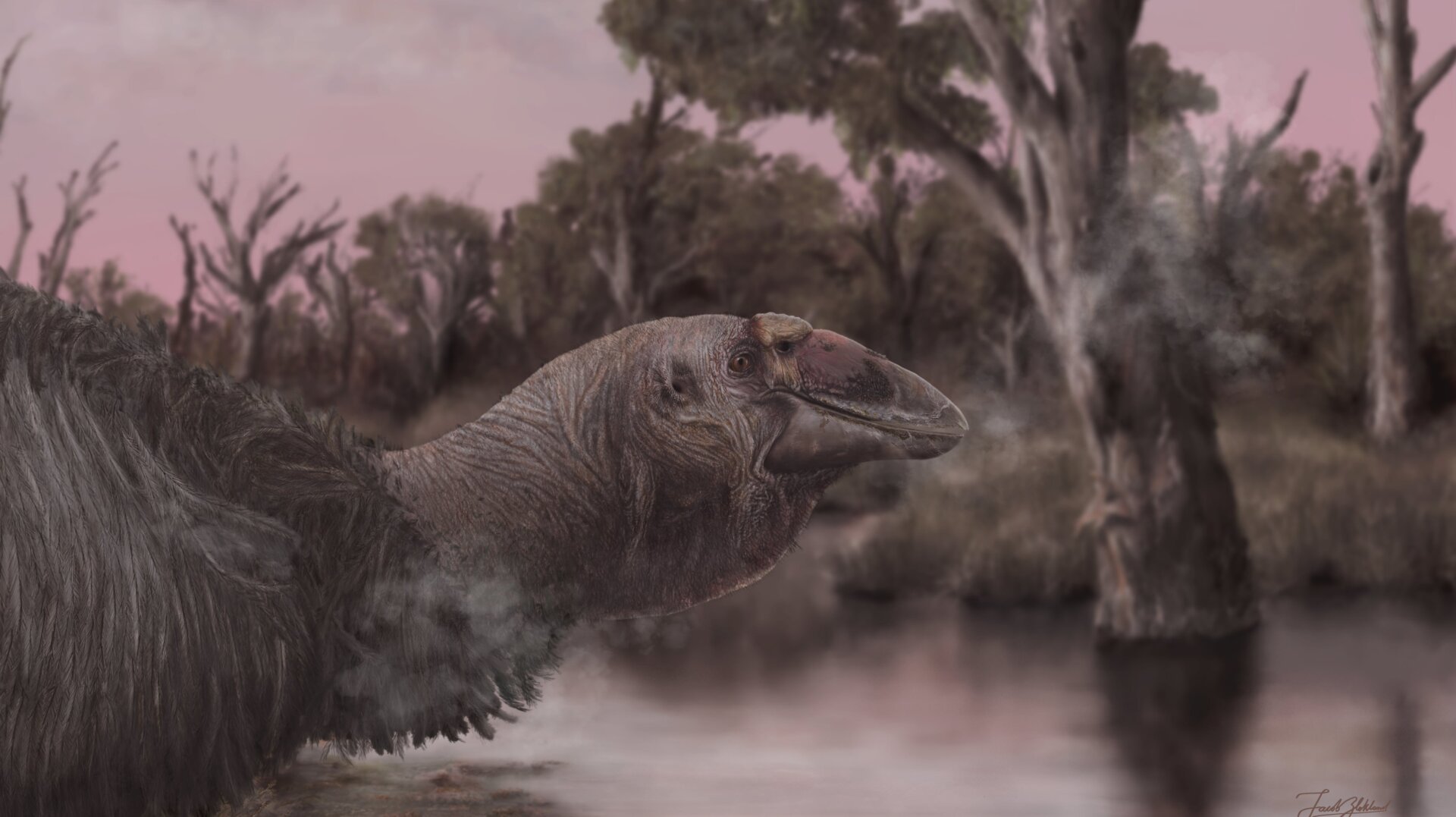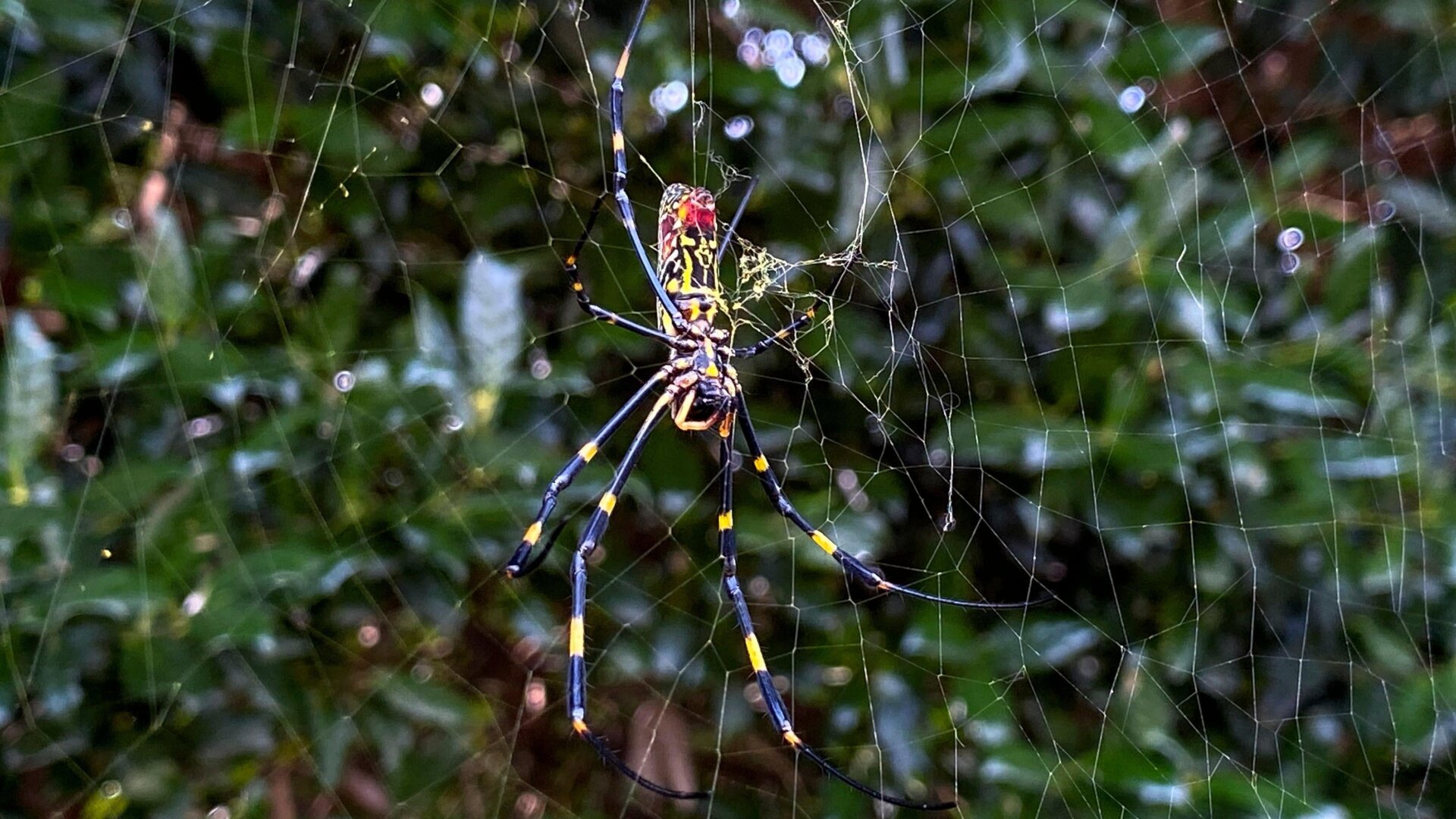Orcas, typically known for their peaceful nature, sunk a sailing yacht in the Strait of Gibraltar on Sunday, May 13, 2024. This incident, confirmed by Spain’s maritime rescue service, is the latest in a string of similar attacks that have plagued the region over the past four years.
According to Reuters, the 49-foot vessel, named the Alboran Cognac, was carrying two passengers when it encountered the orcas around 9 am local time. The passengers reported feeling sudden impacts against the hull and rudder before water began to flood the yacht. Fortunately, a nearby oil tanker rescued the individuals and transported them to Gibraltar, while the yacht sank beneath the waves.
Experts believe a specific subpopulation of approximately 15 orcas, known as the “Gladis” pod, is responsible for these incidents. This group, primarily consisting of juvenile males, has sunk several yachts in the Strait of Gibraltar since 2020. While the exact reasons behind this behavior remain unclear, several theories have emerged.
Early observations of the Gladis pod revealed injuries on some of the orcas, suggesting potential prior negative encounters with fishing boats. This led some experts, like Monika Wieland Shields, director of the Orca Behavior Institute, to hypothesize that the attacks could be a defensive response stemming from past trauma. In a 2023 interview with NPR, Shields suggested that the orcas may now perceive all large vessels as threats. While acknowledging the possibility of “revenge” as a motivator, she also noted the unusual nature of this behavior, as orcas in other regions haven’t exhibited similar responses to boat interactions.
Another theory proposes that the boat ramming is a learned behavior, a kind of “fad” within the orca community. Renaud de Stephanis, president and coordinator of CIRCE Conservación Information and Research, a cetacean research group in Spain, suggested to NPR in 2022 that this behavior could be a form of play for the young orcas. He speculated that the behavior might cease as the orcas mature and take on adult responsibilities within the pod, such as hunting.
Jared Towers, director of Bay Cetology, supports the idea of transient fads within orca societies. He cited examples from the 1990s where orcas in the Pacific exhibited a behavior of carrying dead fish on their heads, a practice that has since disappeared. There is hope that, like other passing trends, the boat-ramming behavior will eventually cease.
The continued attacks by the Gladis pod highlight the complex and often unpredictable nature of animal behavior. While researchers continue to explore the motivations behind these incidents, the mystery surrounding the orcas’ actions persists. This ongoing situation underscores the need for continued study and understanding of these intelligent marine mammals.



